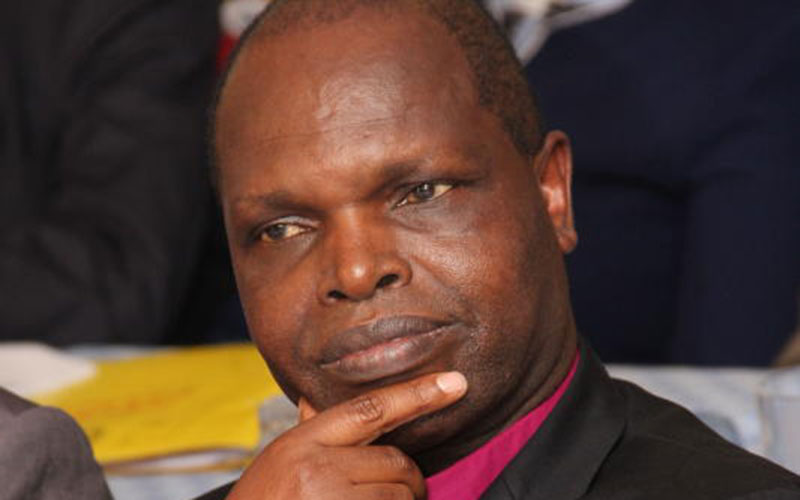×
The Standard e-Paper
Join Thousands Daily

“The enemy will be defeated because God has those He works with.”
This is all Joseph Ntombura, the Presiding Bishop of the Methodist Church in Kenya, has had to say lately, as he stares at the possibility of the institution he has led for five years tumbling down.